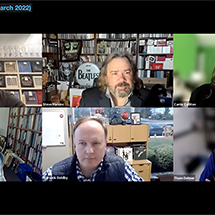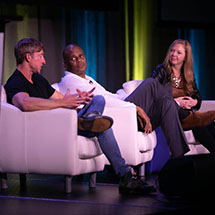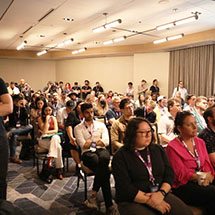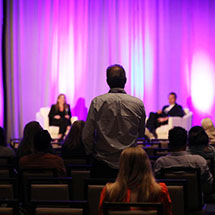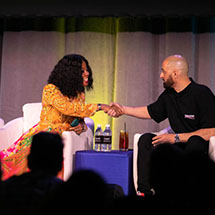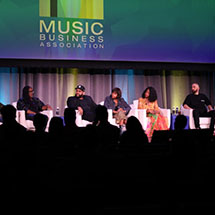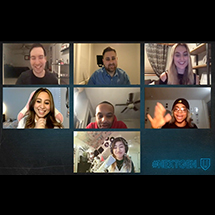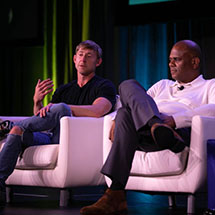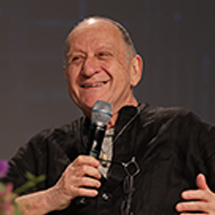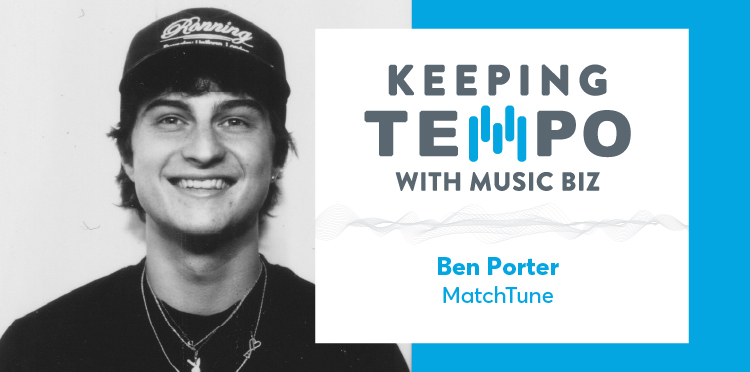
[Keeping Tempo With Music Biz] — Will AI Ever Make a Classic Album?: Op-Ed by MatchTune’s Ben Porter

Why the Next Masterpiece Won’t Be Machine-Made
There’s a reason you love your favorite song, and it’s not simply a catchy hook, musical complexity, or thematic relatability. What makes a song truly timeless — the kind that lingers across decades — is the indelible bond between a song and its human creator; the kind that breathes life into the music and embodies genre-bending creativity. Human-made songs are deeply composed stories lived and felt by the person behind them and, no matter how impressive a machine-made track might be, classic works simply demand something more.
Let’s take an example. A song that’s always blown my mind is Queen’s “Bohemian Rhapsody”. Had an AI crafted that masterpiece, it wouldn’t have held the same magic for me. Why? Because, as a musician myself, the first time I heard “Bohemian Rhapsody,” my reaction was pure disbelief — “I can’t believe he wrote those lyrics” and “I can’t believe they added that operatic section.” It was inspiring and oddly relatable, yet so far beyond what I could comprehend, that this experimental approach had come from a person — just like me.
When we evaluate musical innovation historically, it’s often about creative leaps that weren’t logical — like J Dilla totally reinventing our concept of rhythm, or Jimi Hendrix manipulating his guitar tone using effect combinations that were never used before. Is AI ever going to make these kinds of sonic-bending decisions that shape musical culture, sonically define outstanding artistry and provoke real “hits?” I’d argue not; its current function is creatively derivative, repackaging existing sonics to create a reimagined version of everything we’ve already heard.
There’s no disputing that generative AI is only just getting started, however, and we’re yet to see the true potential of its creative flair. Agentic models on the horizon will disrupt the ecosystem, powered by “super computers” to create endless amounts of polished tracks. We face industry-spanning challenges, from identification to distribution, legislation to personalization, and we need to solve these challenges; otherwise, creators will lose money and we’ll lose control. We need to be able to police AI outputs effectively, and this is a core pillar behind MatchTune’s mission and product suite.
Ultimately however, AI’s undeniable threat — and its ability to displace the unique human innovation behind a hit — are two very different arguments. Pertaining to the latter, I would contend it’s missing a piece. And, perhaps, this very missing piece is already beginning to be embodied in the data. Bryan Johnson, Spotify’s Head of Artist and Industry Partnerships, contends that there is “…no dilution of the royalty pool by AI music,” while Deezer reported 70% of streams for AI music were bots and fakes. Perhaps it’s too early to call, but are consumers already over the uninventive, homogenous nature of AI-generated music?
Despite all of this, it’s obvious that generative AI has had — and will continue to have — a truly seismic impact on music. It will replace jobs, cause controversy and totally recalibrate industry mechanisms that have been in place for 100 years. It will probably even make music that has a lot of short term cultural impact. But, if you ask me whether it will create the next “Yesterday,” “Bohemian Rhapsody” or “Purple Rain,” I’m not yet convinced. Even if it can show a similar level of inventiveness, so much more than the music went into solidifying these songs’ place on music’s Mount Rushmore. The devil is always in the details, and the details are always a product of the human condition.
Written by: Ben Porter, Brand Evangelist at MatchTune.
You can read past Keeping Tempo articles via the portal linked here. And, stay tuned for more insightful discussions from our members and partners from across the industry!


